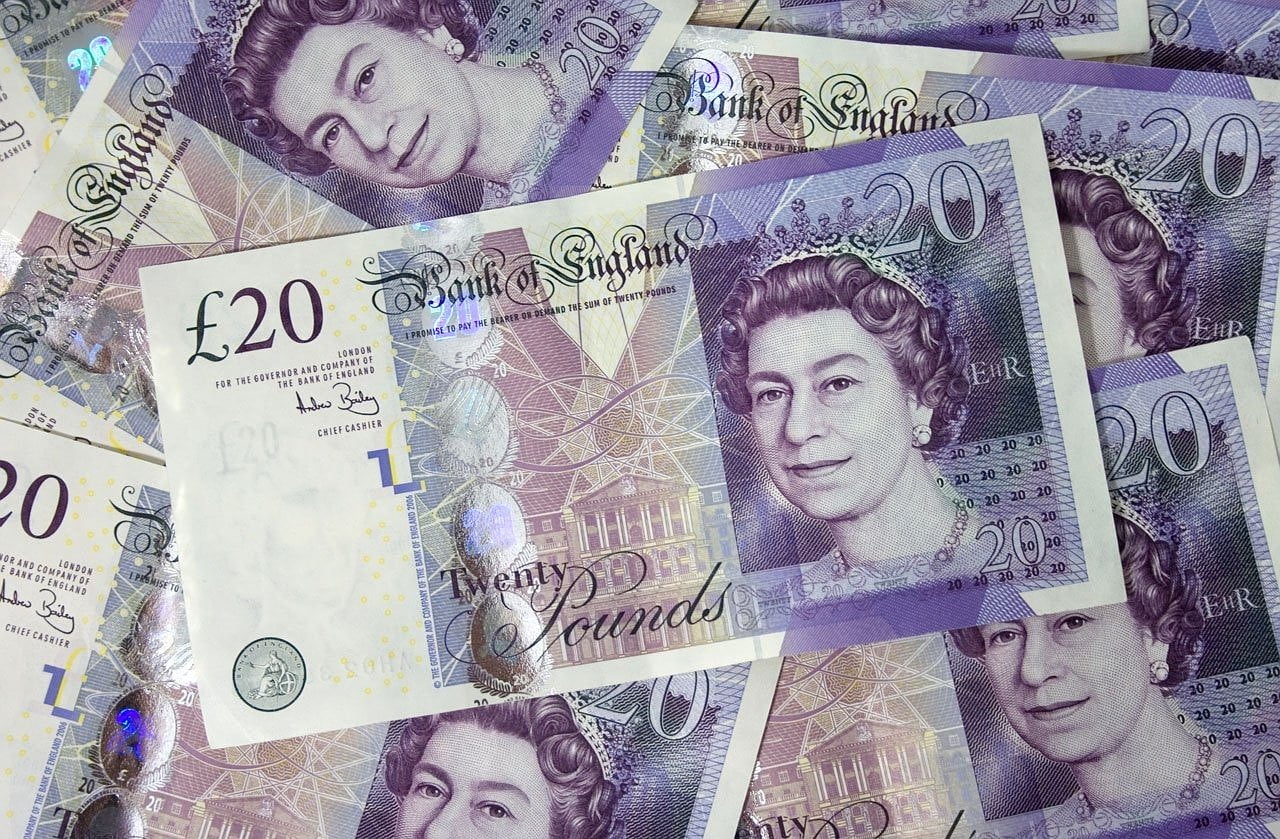A recession in the U.K. might be around the corner according to the last estimate by the Bank of England. The British pound hit a new low of 1.2393 against the dollar Thursday since July 1, 2020, as the country’s economy could decelerate in the last three months of 2022.
Recession In The U.K.
Jesús Cabra Guisasola, a senior associate for global capital markets at Validus Risk Management, was quoted as saying on CNBC, “We are witnessing a clear depreciation of sterling during 2022 which is placing it as the third-worst performing major currency.”
Q1 2022 hedge fund letters, conferences and more
“It looks like MPC members are now more concerned about the prospect for the British economy which is signaling a clear path to stagnation.”
The BOE has voted Wednesday in favor of a fourth consecutive interest rate hike to tame soaring inflation, which is expected to hit 10% by the end of the year.
BOE Governor Andrew Bailey said Thursday at a press conference: “The proximate reason for raising bank rate at this point is, it’s not only the current profile of inflation, what is to come and of course what that could mean for inflation expectations to come, but the risks as well.”
Recession Drivers
As a technical recession comprises two consecutive quarters of contraction, the Bank said that the sharp slowdown meant that there is a real risk. According to the BBC, before a recession in the U.K. takes place, the economy will shrink by 0.25% this year, down from its previous estimate of 1.25% growth.
Bailey said, “We have been very careful in our response, taking into account the scale of the shock to the economy.”
According to BBC’s economic editor Faisal Islam, two factors are driving the contraction estimates.
“Firstly, a prediction that energy prices are going up by 40% in the autumn. And secondly, government spending policy, especially the removal of the significant ‘superdeduction’ on corporation tax that has helped support businesses investment.”
He further asserted that while the U.K. economy slows down, unemployment could gradually rise from a low in 2022, to around 5% in 2024.
“Its forecasts are based on market expectations that interest rates will rise as high as 2.5% in mid-2023 before falling back again.”






